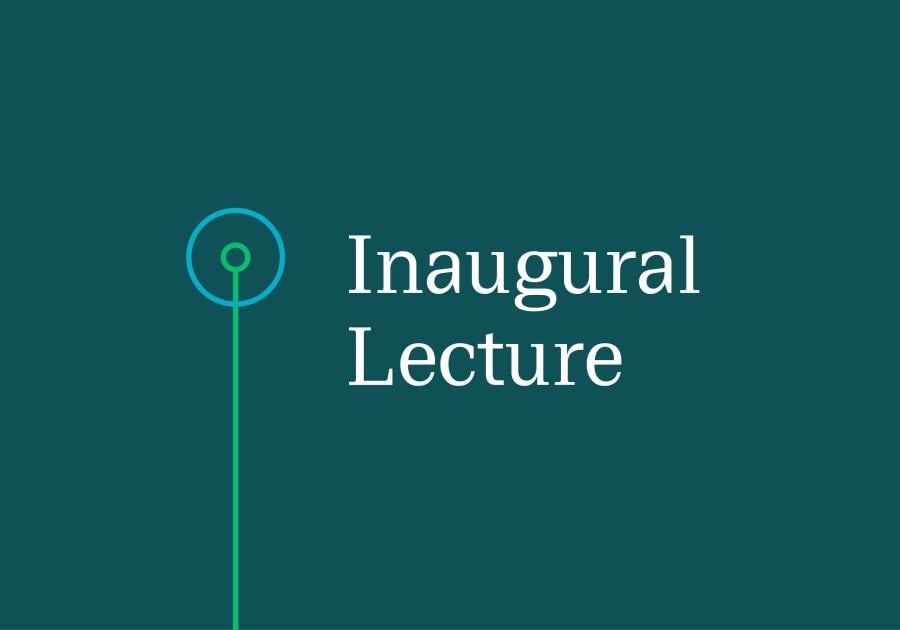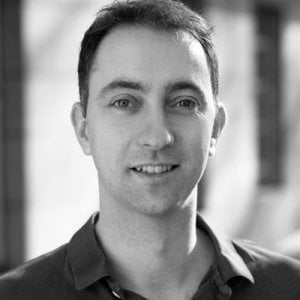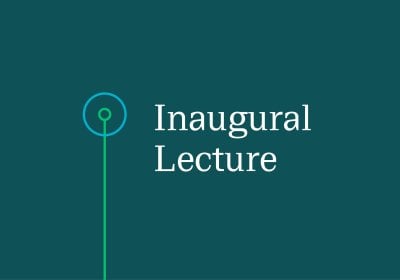Some models are useful: Flaschy herd protection and Funky forecasting
These inaugural lectures will provide a brief snapshot of two career journeys in the field of mathematical modelling of infectious diseases. They will focus on the use (and misuse) of mathematical models for outbreak response and vaccine policy advice.

All models are wrong, but how wrong? by Sebastian Funk
The response to outbreaks of infectious diseases often depends on key questions such as: how fast is infection spreading? How many hospitalisations are to be expected in the next few weeks? What would be the expected impact of different potential interventions? Mathematical and computational models can be used to provide answers to such questions. However, are the answers and the models used any good? Do their predictions usually come true? The talk will show some recent applications of models in outbreak situations and reflect on their accuracy and utility.
A pneumococcologist’s love-hate relationship with herd protection, by Stefan Flasche
Prevention of infection and thus interruption of transmission is an essential part of the benefits of many vaccination programmes. It helps to protect infants too young to be vaccinated against measles and extends the benefits of vaccinating school kids against influenza to fragile but under-vaccinated parts of society. This talk will share some of the headaches and opportunities that indirect effects of vaccines can generate for pneumococci and other pathogens.
The lecture will be followed by a drinks reception from 18:45 to 19:45 in G90.
Speakers
Sebastian Funk, Professor of Infectious Disease Dynamics, LSHTM
Seb studied Physics in Berlin before obtaining a PhD in Mathematical Biology at University of London in 2010. In 2011 he joined LSHTM as a postdoctoral fellow, where he has since worked on various projects, most of which used mathematical and computational models to inform the response to infectious disease outbreaks.
Stefan Flasche, Professor of Vaccine Epidemiology, LSHTM
Stefan studied Mathematics in Berlin. After a subsequent year with the Robert Koch Institute, he started a PhD based at the Institution formerly known as the Health Protection Agency and registered with Strathclyde University. This was followed by a gap year and some consultancy work before joining LSHTM in 2013. Since then Stefan has focussed his research on the evaluation and optimisation of vaccines, particularly pneumococcal vaccines.
Admission
Contact


